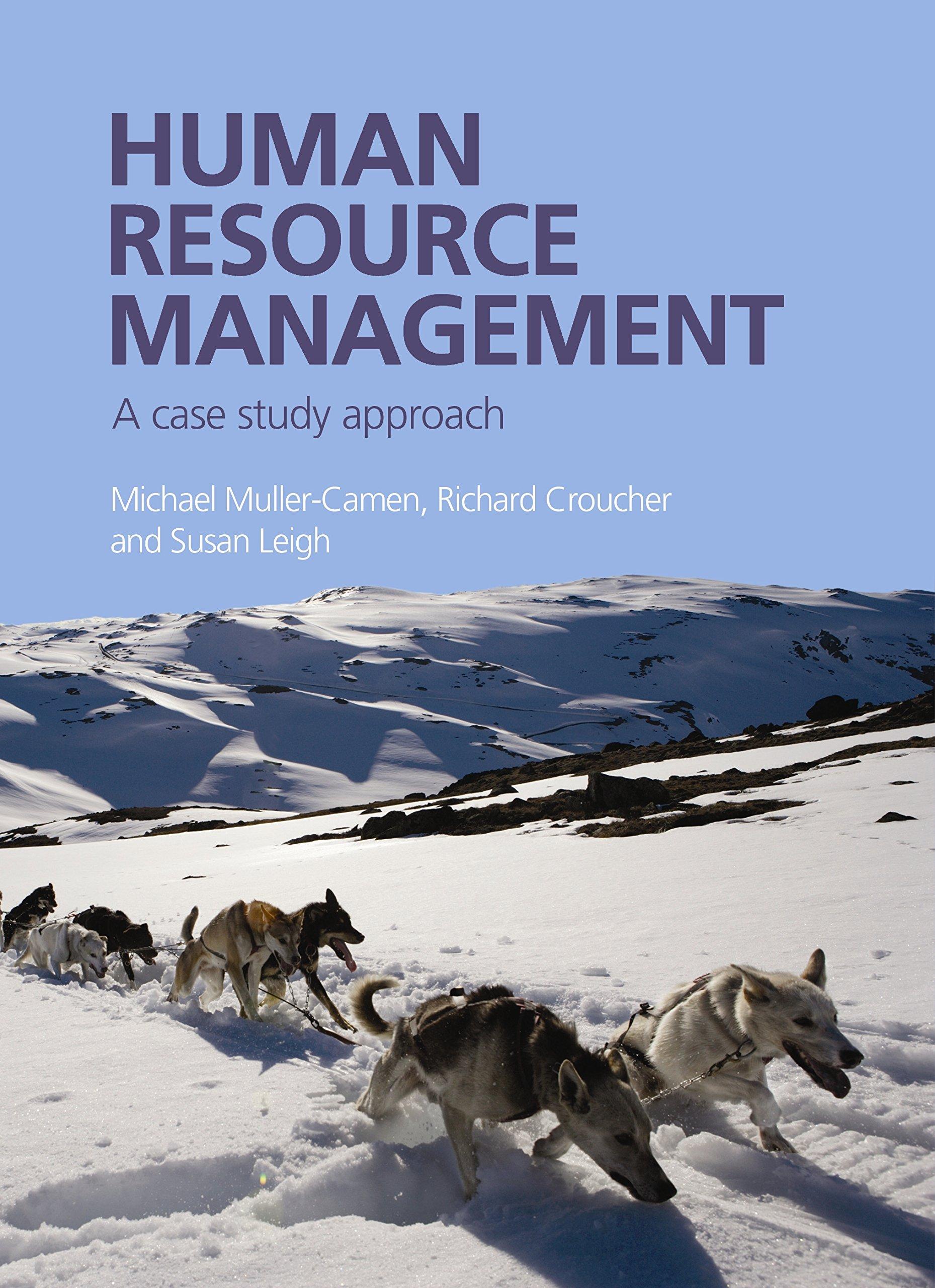Telco is a major player in the UK telecommunications sector. It retains a strong engineering base but
Question:
Telco is a major player in the UK telecommunications sector. It retains a strong engineering base but over the last 15 years has reorientated its business to give a much higher priority to sales and customer relations. The business environment for Telco is changing constantly. Two aspects are of particular importance. The first is the rapid development of the technology and the use made of it by both businesses and individual consumers. This has included the rate of diffusion of mobile communication networks and the growth and significance of the internet. The latter in particular has opened up the opportunity not just for more business but also for new forms of service provision. The second aspect of the changing environment within which Telco operates is deregulation. The opening up of the previously protected home market has led to a growth in the number of competitors and hence to the need for Telco to defend its strong position. It has been relatively successful in this through a mixture of vigorous marketing, competitive approaches to pricing, high quality service and various initiatives to create a loyal customer base. Where Telco has gained has been through similar processes of deregulation worldwide. Telco’s approach to expanding internationally has been via the establishment of strategic alliances with similar organisations already strongly established in a particular country. As a consequence Telco has developed a significant presence in European markets and to a lesser extent in North America and Asia.
Despite radical internal restructuring, Telco has sought to retain an image as a company that cares about both its employees and the wider community. It continues to consult and negotiate with recognised trade unions in the UK and has established a European Consultative Council. It offers high-quality training opportunities to staff at all levels and encourages them to obtain qualifications.
Annual reports regularly assert the company’s belief in the crucial role that its employees make to Telco’s success and hence Telco’s commitment to them.
Employees’ belief in this commitment has at times been put under strain by the extent of downsizing and restructuring which has been required over the years. During the 1990s alone the workforce was cut by almost half, although Telco still remains a major employer with a workforce of around 125,000. Telco has sought to reduce these tensions through generous financial packages to encourage voluntary redundancies.
Telco has also sought to promote an image as an ethical business within the community through both national and local initiatives. It supports a wide range of local and national charitable projects. These frequently have some link to Telco’s business either in terms of the type of contribution they provide or through the type of initiative they are supporting. In this way such activities also play a role in supporting its products and extending its customer base. This is even more apparent in its support for government initiatives which have sought to extend the benefits of the internet into the public sector and the educational sphere specifically.
Make-up of the Current Workforce
With its focus on technology and engineering, perhaps it is not surprising that the Telco workforce is predominantly male.
Indeed, with women making up over a quarter of their employees, Telco managers think that their performance is better than most. However, this figure hides wide discrepancies between divisions. Among engineering workers only 2% are female.
Part of the improvement in the overall proportion of women in the company can be attributed to the fact that the numbers of staff in these grades has reduced by 50% in recent years, while other areas which are more likely to employ women have assumed greater importance. Even more dramatically, the lower operator grades (again traditionally overwhelmingly male) have seen a 90%
reduction as a result of technical change. In sales, one of the areas which has grown in importance, women make up just under a quarter of employees............
Questions
In analysing the case study you should address the following questions:
1. How would you characterise Telco’s approach to equality and diversity? How well does this approach fit within Telco’s business strategy?
2. Can you construct a business case to promote more flexible working or address concerns about the long hours culture?
3. How successful would you judge ‘mainstreaming’ has been within Telco? In the light of this, what do you think will be the consequences of a further devolution of HR responsibility to line managers?
4. How successful do you think Telco has been in implementing its equality and diversity policy? Are the reported views of some managers and employees a significant barrier to full implementation? If so, how would you address this issue?
Step by Step Answer:

Human Resource Management A Case Study Approach
ISBN: 9781843981657
1st Edition
Authors: Michael Müller-Camen, Richard Croucher, Susan Rosemary Leigh





